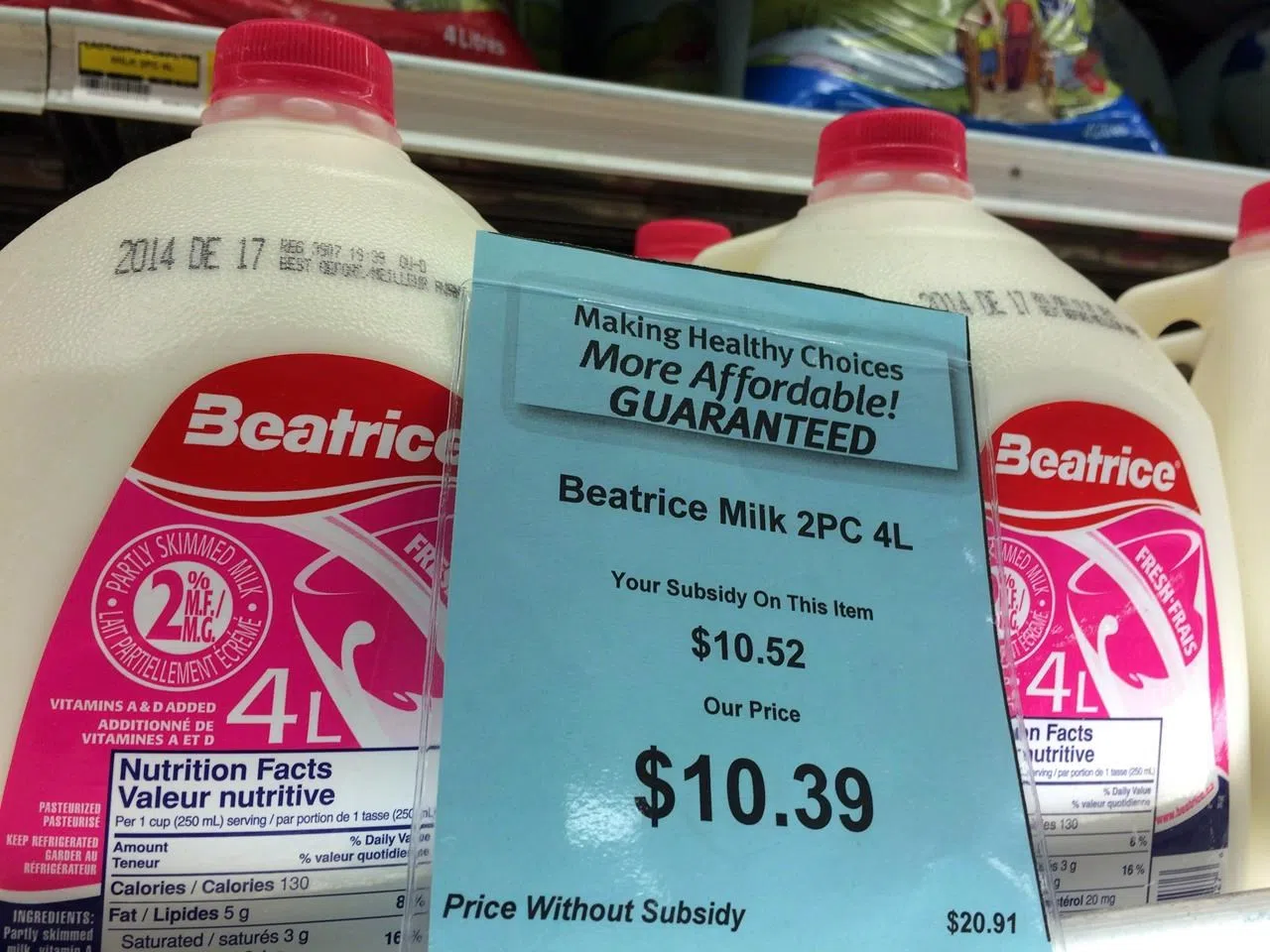
Inuit walk away from talks on reforming federal northern food subsidy program
Talks to reform subsidies intended to eliminate the $10 carton of milk face by northern families remain stalled over concerns from Inuit that they don’t have enough control over changes to Nutrition North.
“We have not been able to get to that place of a good-faith space with this government to renew this program,” said Natan Obed of Canada’s national Inuit group.
The group was one of five Inuit organizations that last April pulled out of an advisory committee on reforming Nutrition North.
The program subsidizes northern retailers to reduce the cost of perishable food, which can be several times higher in the North than it is further south. It costs more than $75 million a year and is spread out over 121 communities in three territories and seven provinces. Most of it goes to Inuit regions.


